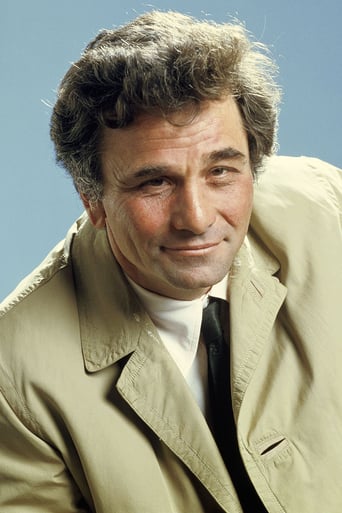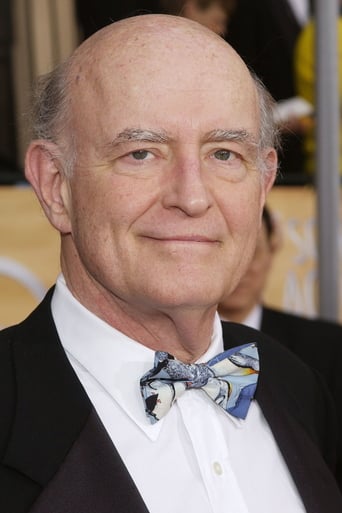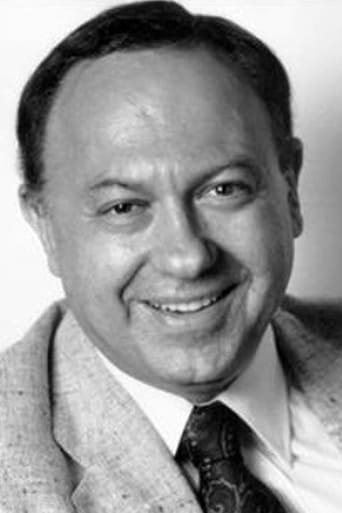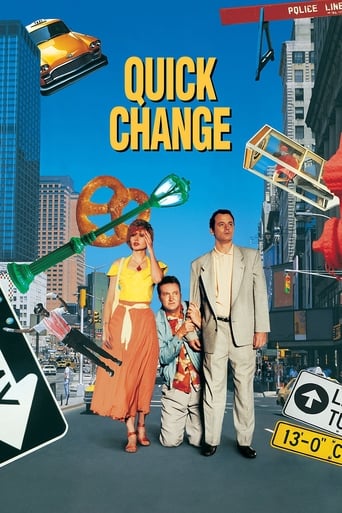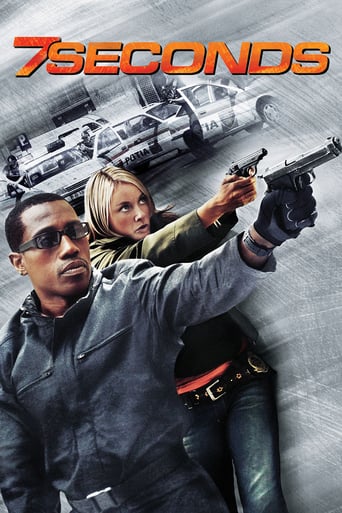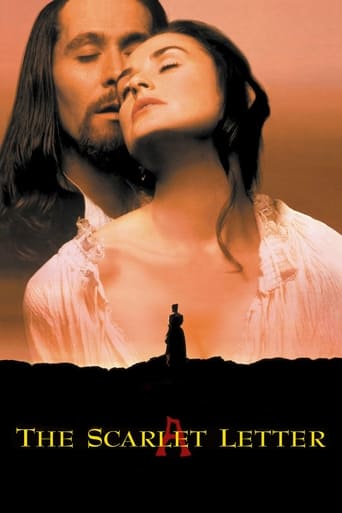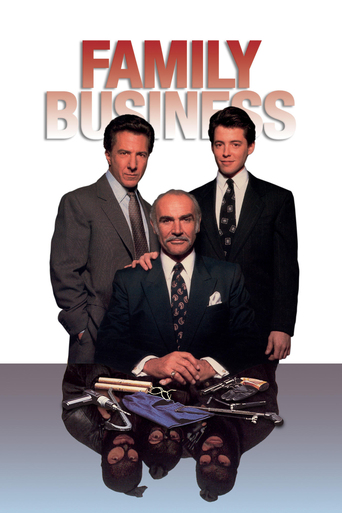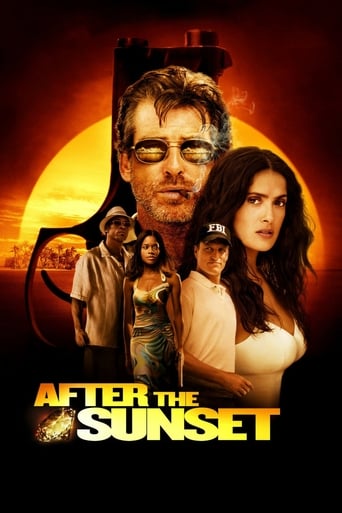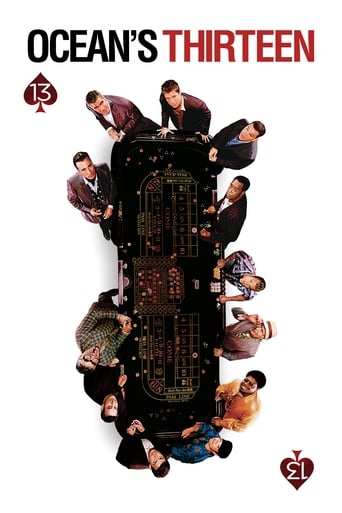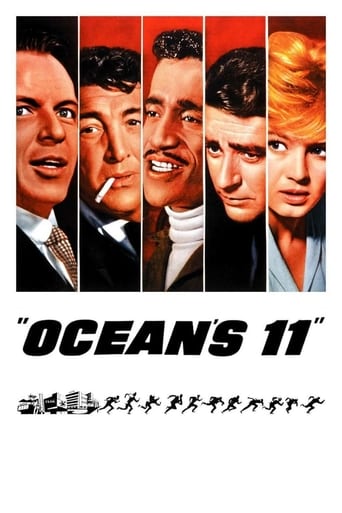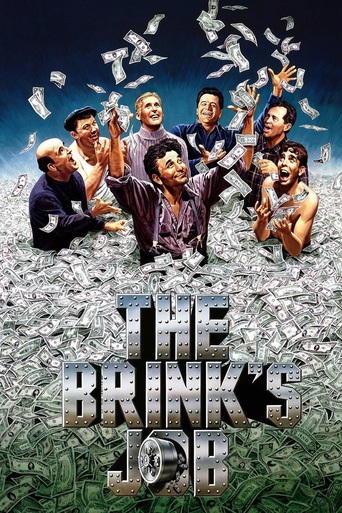
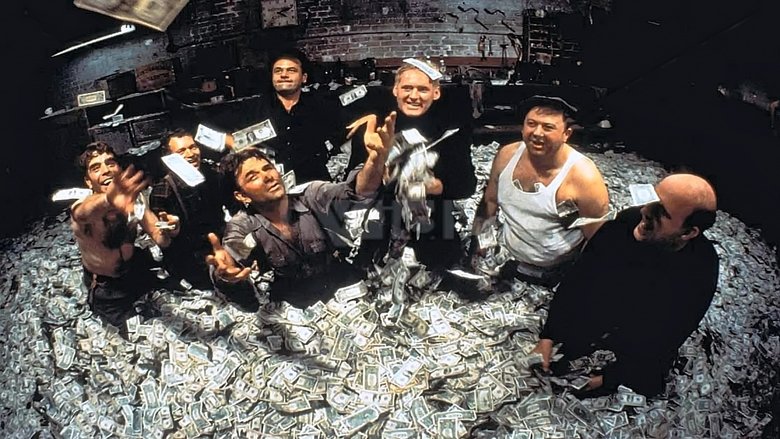
The Brink's Job (1978)
In 1950, a group of unlikely criminal masterminds commits the robbery of the century. Led by Tony Pino, a petty thief fresh out of prison, and Joe McGinnis, who specializes in planning lucrative capers, the gang robs Brink's main office in Boston of more than $2 million. However, things begin to go awry when the FBI gets involved, the cops start cracking down on the gang and McGinnis refuses to hand over the loot...
Watch Trailer
Cast
Similar titles
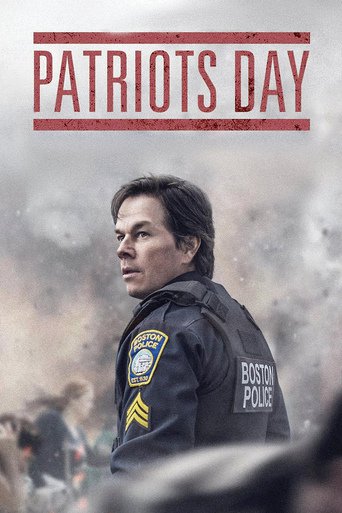
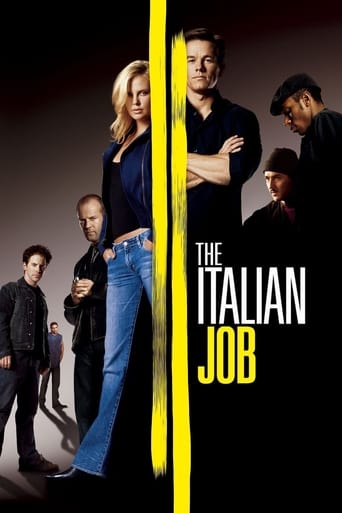

Reviews
Highly Overrated But Still Good
Don't listen to the Hype. It's awful
As Good As It Gets
The story-telling is good with flashbacks.The film is both funny and heartbreaking. You smile in a scene and get a soulcrushing revelation in the next.
"The Brink's Job" is a comedy caper film based on a real crime. The January 17, 1950, Brink's robbery in Boston was called the "Crime of the Century." This movie is a light treatment of the event, and the characters who pulled it off. The movie implies that none of those involved in the incident "squealed," and it omits anything to do with killing. In reality, the gang tried to kill Specs O'Keefe who was imprisoned for anther petty robbery after this one. O'Keefe was mentally unstable and the gang thought he might talk. But after their attempts to kill him failed, he apparently talked to the FBI and named all involved. While the movie just shows seven people involved in the heist, there actually were 11. Except for three who died, all who were convicted and sent to prison were out within 14 years – by 1971. The $2.7 million heist included $1.2 million in cash, and the rest in bonds and checks. Just $53,000 was ever recovered to this day. The acting is good by the entire cast in this film. It was shot in Boston. The robbery was two years in the works – with careful casing of the Brink's place. Considering the first 40 years of the 20th century with so many bank robberies, the very low level of actual security measures by Brink's in 1950 is astonishing. But, as Peter Falk's Tony Pino says in the movie, the Brink's people were so cheap they didn't want to spend money on real security. Instead, they lied in their advertisements about the great security they provided. The movie notes how the gang members were idolized by some youth of the day. This romantic and light-hearted treatment of crime is fun, but I wonder about it when it involves real crime.
Peter Falk leads a gang of small-time thieves (Peter Boyle, Paul Sorvino, Warren Oates, Allan Garfield, et al) who pull off the biggest robbery of the century, get caught, and go to jail.The director, William Friedkin, and the screenwriter, Walon Green, do a fine and delicate job of balancing the three elements of the story -- comedy, drama, and tension.Mostly it's comic, and the laughs are due not so much to the imposition of obvious gags (though there is some slapstick) as to the ludicrous nature of the thieves themselves and the job they undertake; not an armed robbery but a pasquinade. The amusing lines somehow ring true because the setting is working-class Boston, its brick tenements and skeletal wooden porches and staircases, and its stone streets and old cars and dilapidated clothing and its spent values. "Look at dis coat," brags Falk, as he hands his wife a garment of shabby fur bought with some stolen money. "Dat's genuine muskrat. It says so right on da label. I don't want to tell you what it cost because it's a gift and dat ain't right, but here's da receipt in case somebody asks you where you got it." The drama comes later, after the robbery is successfully pulled off and Peter Boyle is holding the $1.5 million until "the statue runs out." Boyle has already disposed of an easily identified fifty grand by flushing it down the toilet, enraging the others, and now he refuses to divvy up the remainder.The tension is generated during the robbery itself. (Will they get the money? Will someone be killed in the getting of it?) And there is additional tension when Warren Oates and his co-conspirator Kevin O'Connor are arrested and given ten times the usual sentence for minor crimes, the FBI hoping that the pressure and the beatings will cause them to squeal.That's a plot hole. The FBI is involved on a pretext and spends $25 million to solve a $1.5 million robbery because the director, J. Edgar Hoover, is absolutely convinced that the crime represents a link between organized rackets and communist subversives. Okay. That's understood. Hoover was a notorious bonehead and was always grabbing headlines.But hundreds of louche Bostonians are being yanked in for questioning, and nothing involving any of the real gang stands out. Cut to Oates and O'Connor, having a meal in a diner in Tonowanda, Pennsylvania, on their way to Pittsburgh. A couple of state troopers walk through the door and arrest them. Well -- why? Oates is convicted of an infraction involving the carrying of firearms and gets a sentence of 20 years instead of the usual 18 months. The FBI is sitting in the audience, smiling with satisfaction. And O'Connor is given several years for equally small-time infractions and is beaten all to hell to get the story out of him. But how did the FBI -- or anyone else -- know that Oates and O'Connor were involved? And how did they know where to locate the pair during their peregrinations? But, that aside, it's an entertaining story. Friedkin doesn't make the same mistake as Arthur Penn did in "Bonny and Clyde." Nobody is romanticized. One of the robbers has a loving family but that's about as far as it goes. When Falk is leaving for a job, his wife, Gena Rowlands, reminds him to take his screwdriver and gives him a wrapped sandwich, saying, "Take this in case you get hungry later." They don't STAND for anything. They aren't sucked into a life of crime. They're not giving society the finger. It's just something they've chosen for a profession. And despite their occasional clumsiness and pratfalls, they're good at it too. It's "The Asphalt Jungle" but the jungle is Boston and the gang is made up of goofballs.There's something to be learned from it too. Brinks, the most prestigious cash-transport business in the world, was left virtually unguarded. We are continually rediscovering that security is never as tight as it's thought to be, and our infallible organizations are elementally vulnerable. If the Department of Homeland Security sends 100 explosive- and weapon-laden agents through airport check points, about 18% get through. Security is a very serious business and it mystifies most of us with its high technology and the expertise of its technicians, yet, as the sociologist Erving Goffman remarked with regard to primitive rituals, often the real secret behind the mystery is that there is no mystery at all.
I remember when this movie was filmed back in 78. yeah its dating myself. The movie was filmed at MCI ( Massachusetts Correctional Facility) Concord, Concord Mass. My father while actually working there was an extra. I had a chance to meet Mr.Falk and a few others as a kid ( I was ten). We had free tickets to the opening. I thought it was an awesome movie about bungling thieves. Most folks expected a serious thief/heist movie. Although based on an actual event. I found the movie comical. Although it didn't have Mini coopers jumping through a European city. It did serve its purpose as a good funny movie. A good buy as a bargain.
I've been trying to pick up a VHS of this flick for 2 years and finally won it on an auction. It was on AMC a few years back and I caught about 30 minutes of it. I was so intrigued that I started to look for a chance to buy it.I thoroughly enjoyed this film, a great cast with a young Peter Falk leading the way. Peter Boyle was realistic in his portrayal of the money launderer. Used VHS tapes are out there and although this robbery occurred in the 50's there is enough suspense and a ton of surprises for you. Sometimes a true story beats the best fiction a writer can come up with.
